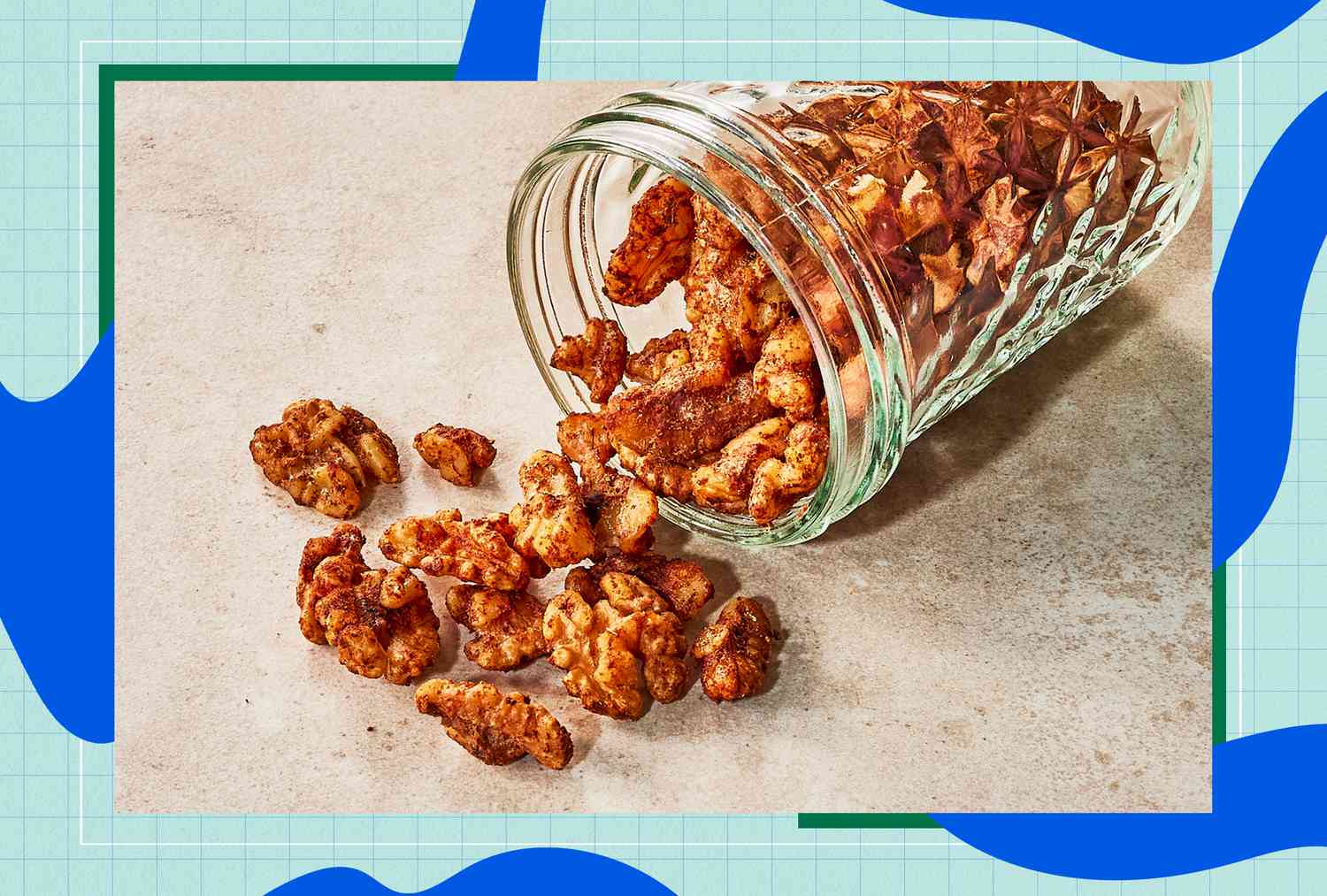
Managing high blood pressure often leaves individuals wondering about their dietary options. If you’ve been steering clear of certain foods due to misconceptions about their effects on blood pressure, dietitians have an important message for you: it’s time to rethink your food choices!
Misleading advice can lead you to overlook nutrient-rich foods that may actually aid in controlling blood pressure. Many so-called “off-limits foods” are packed with vital nutrients that are beneficial for lowering blood pressure and promoting heart health in the long run.
No wonder nutritionists are raising concerns—if you’ve been avoiding these six beneficial foods, they encourage you to reconsider and include them in your diet!
1. Bananas
Dietitians universally advocate for adding fruits and vegetables to your meals rather than eliminating them. Unfortunately, bananas often face undue criticism for their carbohydrate and sugar levels, according to Atlanta-based registered dietitian Nijya Noble, M.S., RDN, LD.
What many are unaware of is that bananas contain a powerful combination of blood pressure-lowering fiber and potassium—boasting 3 grams of fiber and 422 milligrams of potassium in a medium banana. Nobles explains, “Potassium plays a crucial role in managing blood pressure by counteracting sodium effects and easing blood vessel tension.” Additionally, diets rich in potassium are consistently linked to healthier blood pressure levels. The fiber in bananas also helps control sugar spikes in the bloodstream, making them a smart choice when enjoyed in moderation.
Evidence supports their efficacy: a study discovered that consuming bananas three to six times weekly correlated with a 24% lower risk of all-cause mortality among individuals with hypertension.
2. Avocados
The popularity of avocados, propelled by the avocado toast craze, has led to widespread misunderstanding regarding their consumption. Surprisingly, many still shy away from this nutrient-dense fruit, particularly when considering its positive impacts on blood pressure. Noble emphasizes, “Avocados provide a rich source of potassium and heart-healthy monounsaturated fats, both of which are beneficial for blood pressure control.” Packed with fiber and antioxidants, they contribute significantly to heart health. While they are calorie-rich, the unsaturated fats they contain are considered beneficial. Monitoring portion sizes makes avocados a fantastic choice for those working to lower blood pressure.
Their positive effects are backed by research; one study revealed that women who included 2½ avocados in their weekly diet had a 17% reduced likelihood of developing hypertension compared to those who infrequently consumed avocados. Each ⅓ avocado contains 3 grams of fiber, 242 milligrams of potassium, and 6 grams of healthy fats—certainly a delicious way to manage blood pressure.
3. Frozen Fruits & Vegetables
When people think of “frozen food,” they often conjure images of unhealthy prepackaged meals, leading to a negative perception that they should be avoided altogether. However, dietitian Patricia Bannan, M.S., RDN, author of From Burnout to Balance, clarifies this misconception, stating, “Frozen fruits and vegetables are often unfairly labeled as unhealthy due to assumed high sodium and preservatives. In reality, flash-freezing preserves the crucial nutrients that are vital for maintaining healthy blood pressure levels—such as potassium, fiber, and antioxidants. These items are typically frozen at their peak ripeness, maximizing their nutrient value.”
4. Low-Fat Greek Yogurt
Some individuals believe that dairy products are unhealthy because of their saturated fat and cholesterol levels, states Noble. “Opting for low-fat varieties alleviates many concerns associated with dairy.” Furthermore, dairy is rich in vital minerals such as calcium, potassium, and magnesium, all of which play a role in blood pressure regulation.
Greek yogurt is particularly noteworthy. According to research, “The high protein content in Greek yogurt aids in promoting fullness and helps maintain a healthy weight, which is crucial for managing blood pressure,” explains Bannan. “Additionally, dairy proteins contain specific peptides known to assist in lowering blood pressure.” To maintain a balanced intake, it is advisable to choose unsweetened low-fat or nonfat Greek yogurt and enhance its flavor with fruits.
5. Low-Sodium Nuts
Nuts may be small, but they are nutrient-dense powerhouses. However, their compactness often leads to quick calorie accumulation, and some varieties are salt-laden, contributing to excess sodium intake.
Don’t let this discourage you! Nuts are a tasty way to increase your potassium intake, with plenty of low-sodium, unsalted options available. “They deliver a robust blend of healthy fats, plant-based protein, and fiber—all of which support heart health,” says Bannan. Significant research has shown that nut consumption can reduce total and LDL cholesterol as well as triglyceride levels. If you’re concerned about calorie intake, controlling portion sizes is crucial—stick to roughly 1 ounce (approximately ¼ cup).
6. Soy Foods
A common belief is that soy foods are overly processed and therefore should be avoided. This notion is inaccurate. Studies suggest that a diet rich in soy may significantly help lower blood pressure. What’s behind their strength? “Soy products like edamame, tofu, soy milk, and tempeh contain isoflavones, which enhance blood vessel function and mitigate inflammation,” explains Bannan. “These compounds facilitate the production of nitric oxide, which plays a crucial role in dilating blood vessels and lowering blood pressure.”
If soy hasn’t been a staple in your meals, consider trying a Vegan Superfood Grain Bowl, our top dietitian-recommended lunch for maintaining healthy blood pressure.
EatingWell
The Bottom Line
Effective management of high blood pressure involves making healthy, well-rounded dietary choices. However, substantial misinformation about what foods are beneficial or harmful persists. Contrary to popular belief, nutrition experts agree that bananas, avocados, frozen fruits and vegetables, low-fat yogurt, low-sodium nuts, and soy products are all excellent options for managing and lowering blood pressure. If you are managing high blood pressure and need further assistance, consult a registered dietitian who can help tailor a plan suited to your specific needs.









